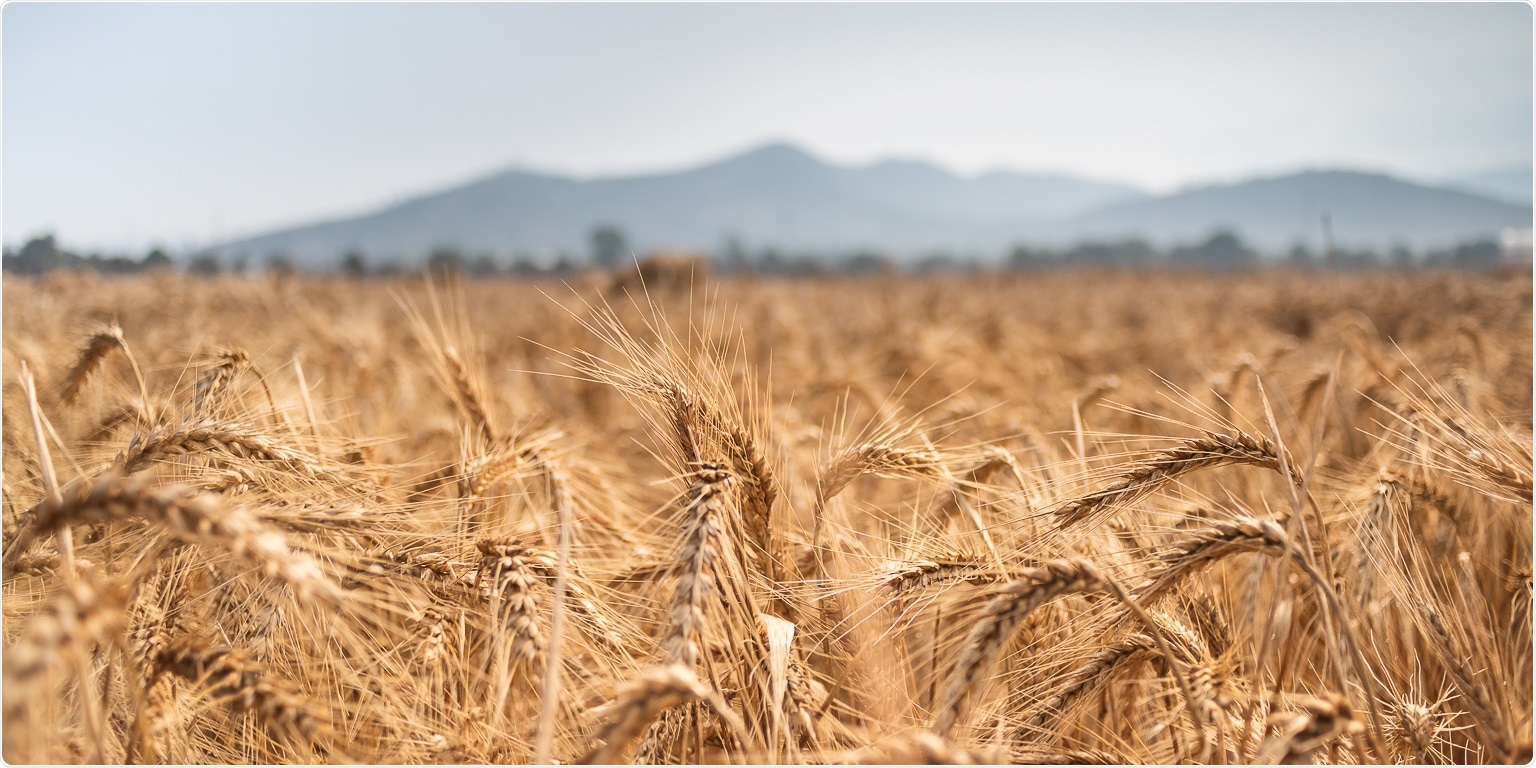The objective of the Seeds of Discovery (SeeD) initiative is to enable the effective application of the genetic diversity of wheat and maize.

A new study analyzing the diversity of almost 80,000 wheat accessions reveals consequences and opportunities of selection footprints. Image Caption: Eleusis Llanderal/ International Maize and Wheat Improvement Center (CIMMYT).
Scientists working on this initiative have genetically defined a total of 79,191 samples of wheat from the germplasm banks of the International Maize and Wheat Improvement Center (CIMMYT) as well as from the International Center for Agricultural Research in the Dry Areas (ICARDA).
Recently published in the Nature Communications journal, the study results are explained as “a massive-scale genotyping and diversity analysis” of the two kinds of wheat grown worldwide—that is, pasta and bread wheat—and of 27 familiar wild species.
With a yearly production surpassing 600 million tons, wheat is the most extensively grown crop in the world. About 95% of this grain produced correlates to bread wheat, while the remaining 5% corresponds to pasta or durum wheat.
The primary goal of the analysis was to define the genetic diversity of the internationally available collections of CIMMYT and ICARDA. These collections are believed to be the largest in the world. To figure out this diversity, the team mapped genetic variants to detect valuable genes for wheat breeding.
From germplasm bank to breadbasket
The outcomes demonstrate clear biological groupings within bread wheat and points out that a huge amount of the genetic diversity found in landraces has not been utilized to produce new high-yielding, nutritious, and resilient varieties.
The analysis of the bread wheat accessions reveals that relatively little of the diversity available in the landraces has been used in modern breeding, and this offers an opportunity to find untapped valuable variation for the development of new varieties from these landraces”,
Carolina Sansaloni, Study Lead and High-Throughput Genotyping and Sequencing Specialist, International Maize and Wheat Improvement Center
The research work also discovered that in the case of pasta wheat, the genetic diversity is better represented in the contemporary varieties, except for a subgroup of samples from Ethiopia.
The team plotted the genomic data acquired from the genotyping of the samples of wheat to determine the genetic and physical positions of molecular markers related to characteristics present in the two kinds of wheat and also in the wild relatives of the crop.
Sansaloni added that on average, 72% of the markers acquired are exclusively placed on three molecular reference maps and about 50% of these are placed in fascinating areas with genes that regulate certain properties of value to consumers, farmers, and breeders, like protein content, yield potential, and drought and heat tolerance.
Open access
The analysis, data, and visualization tools of the research work can be freely accessed by the scientific community to improve research and breeding on wheat around the world.
These resources should be useful in gene discovery, cloning, marker development, genomic prediction or selection, marker-assisted selection, genome wide association studies and other applications.”
Carolina Sansaloni, Study Lead and High-Throughput Genotyping and Sequencing Specialist, International Maize and Wheat Improvement Center
Source:
Journal reference:
Sansaloni, C., et al. (2020) Diversity analysis of 80,000 wheat accessions reveals consequences and opportunities of selection footprints. Nature Communications. doi.org/10.1038/s41467-020-18404-w.